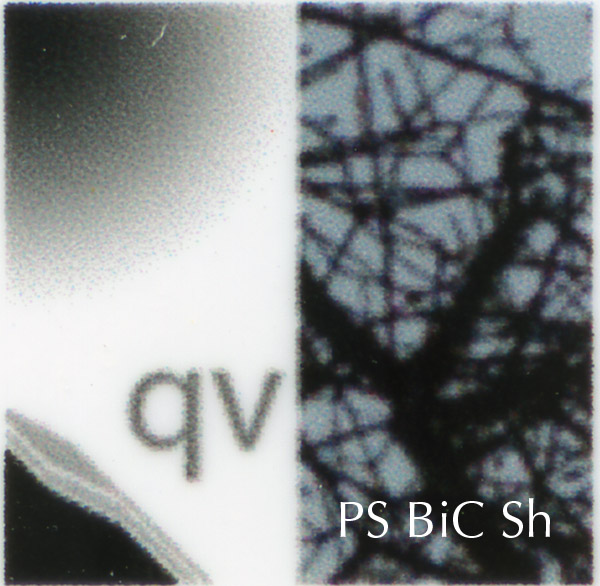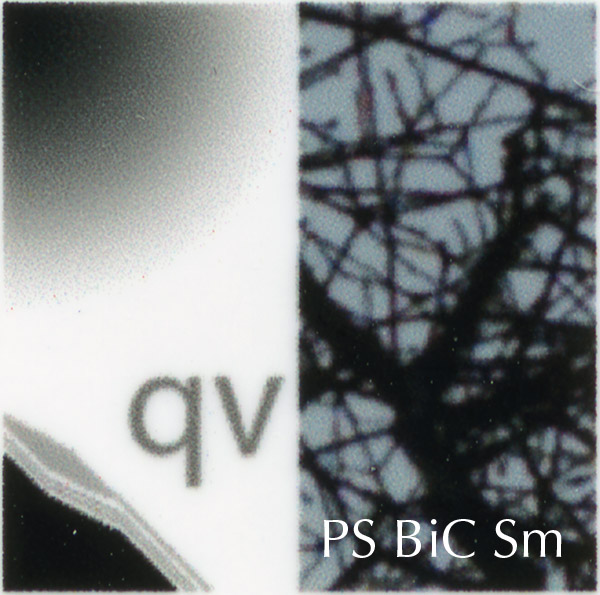I blew it in the previous post when I said Qimage doesn’t do color management. I’m not sure what I was thinking; I had forgotten that I had used the color management features in the previous generation of Qimage, and I couldn’t find them in the v2011.136 version that I am currently using. The reason… [Read More]
Resampling for printing — Workflow
The ideal resampling workflow for me would be as follows: I select the images I want to print I click the tab for the “the Print” module in Lightroom I pick the print size, the printer, and the output resolution. Lightroom analyzes the image, and presents me with a menu of resampling algorithms, some of… [Read More]
Resampling for printing, revisited, 5
What’s it all mean? Unfortunately, for those of us who just want a simple answer, the results of this testing indicates that one size doesn’t fit all. The Photoshop bicubic sharper algorithm seems to be better than anything for the particular down res-ing operation that I tested. Testing with a variety of resolution ratios might… [Read More]
Resampling for printing, revisited 4
What with stitching and 20+ megapixel backs, sometimes you have to res an image down to print it. I tested all four algorithms on a 480 ppi image resampled down to 360 ppi. Instead of using bicubic smoother in Photoshop, I used bicubic sharper, which Adobe recommends for down-resing. The results: Photoshop Bicubic Sharper (above)… [Read More]
Resampling for printing, revisited 3
The next set of images is res’ed up from 330 ppi to 360 ppi. With some resampling techniques, notably and egregiously nearest neighbor, resampling with resolutions that are close together yields obvious objectionable artifacts. As before, the results are followed by an analysis. Photoshop Bicubic Smoother (above) Perfect Resize (above) Qimage Hybrid (above) Qimage Fusion… [Read More]
- « Previous Page
- 1
- …
- 526
- 527
- 528
- 529
- 530
- …
- 577
- Next Page »

